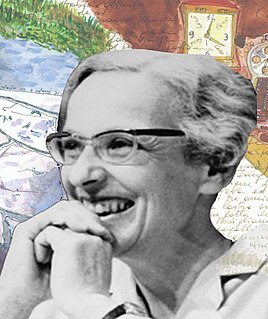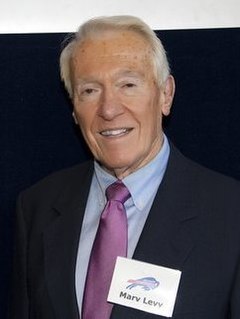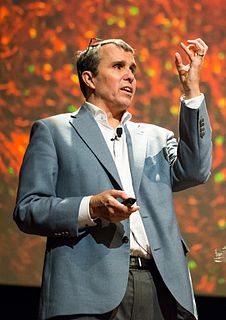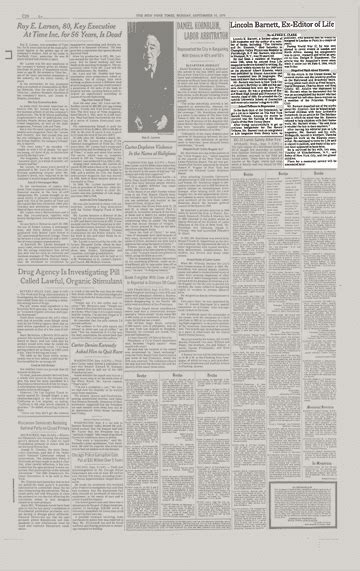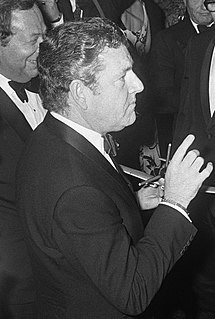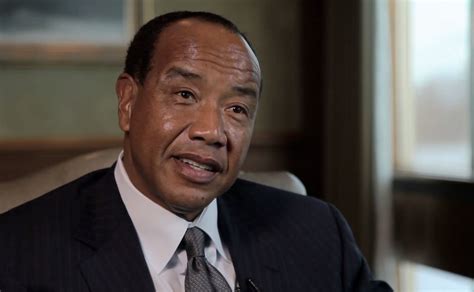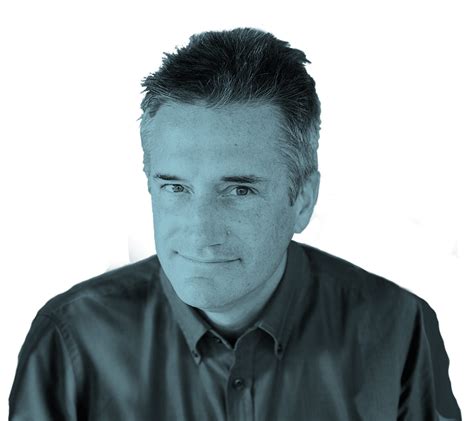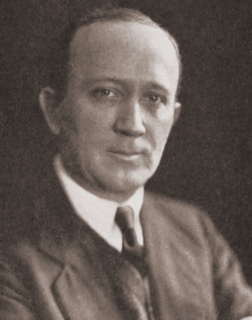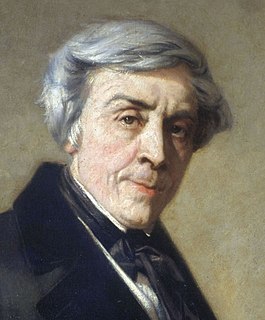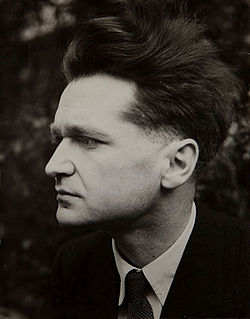Top 1200 Science And Philosophy Quotes & Sayings - Page 5
Explore popular Science And Philosophy quotes.
Last updated on October 22, 2024.
Social Science, is not a 'gay science' but rueful, which finds the secret of this universe in 'supply and demand' and reduces the duty of human governors to that of letting men alone. Not a 'gay science', no, a dreary, desolate, and indeed quite abject and distressing one; what we might call, the dismal science
All Science is necessarily prophetic, so truly so, that the power of prophecy is the test, the infallible criterion, by which any presumed Science is ascertained to be actually & verily science. The Ptolemaic Astronomy was barely able to prognosticate a lunar eclipse; with Kepler and Newton came Science and Prophecy.
When people think science and cooking, they have no idea that it's not correctly expressed. We're actually applying the scientific method. People think chemistry and physics are science, but the scientific method is something else.... It's the science that the world of cooking generates: science of butter; science of the croissant.
My father was a very tough guy with me and my brothers. He wanted to teach us a lot of discipline and life philosophy. As I became more interested in martial arts, he started teaching a lot of fighting philosophy and karate philosophy. While he was a tough father, he also knew when to be sweet and show a softer side.
Philosophy is not a body of knowledge to impart to someone, that's why reading philosophy books isn't always the best way of learning philosophy. Philosophy is really more the process of rational engagement, rational reflection with a diversity of views and ideas and opinions and trying to sort of reason your way through to a more reflective position. I think if you look at it that way, philosophizing is to some extent some small way a part of almost everyone's lives although they don't recognize it as such and a lot of people are embarrassed about it.
Some of my understanding of what philosophy and ethics is has changed very slowly. One thing that has changed is this for quite a long time I bought-into the idea that philosophy is basically about arguments. I'm increasingly of the view that it isn't. The most interesting things in philosophy aren't arguments. The thing that I think is underestimated is what I call a form of attending. I think that philosophy is at least as much about carefully attending to things as it is about the structure of arguments.
We are living in a society that is totally dependent on science and high technology, and yet most of us are effectively alienated and excluded from its workings, from the values of science, the methods of science, and the language of science. A good place to start would be for as many of us as possible to begin to understand the decision-making and the basis for those decisions, and to act independently and not be manipulated into thinking one thing or another, but to learn how to think. That's what science does.
Ever since men became capable of free speculation, their actions, in innumerable important respects, have depended upon their theories as to the world and human life, as to what is good and what is evil. This is true in the present day as at any former time. To understand an age or a nation, we must understand its philosophy, and to understand its philosophy we must ourselves be in some degree philosophers. There is here a reciprocal causation: the circumstances of men s lives do much to determine their philosophy, but, conversely, their philosophy does much to determine their circumstances.
A US Department of Education; implementation of a scientific materialist philosophy; studies, being cleansed of religious, patriotic and other features of the bourgeois ideology; students taught on the basis of Marxian dialectical materialism, internationalism and general ethics of a new socialist society; present obsolete methods of teaching will be superseded by a scientific pedagogy. The whole basis and organization of capitalist science will be revolutionized. Science will become materialistic, hence truly scientific. God will be banished from the laboratories as well as from the schools.
One of the things I want to do in the book is to explore how philosophy can be done in literature. I start doing that in the first chapter, by introducing the idea of "philosophy by showing". What literature/philosophy shows is how to look at some important facets of life in a new way, thus changing the frame in which subsequent philosophical argument proceeds.
